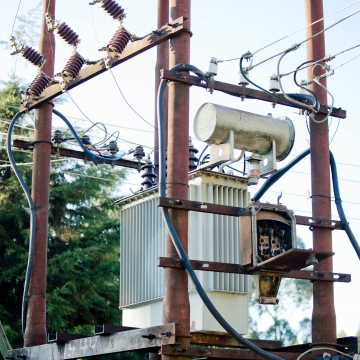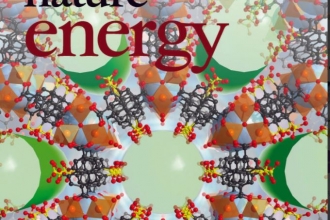Impact Evaluation of the Rwandan Electricity Access Roll-out Program
The Rwandan Electricity Access Roll-Out Program (EARP) is one of the most ambitious electrification interventions in Sub-Saharan Africa endowed with a budget of USD 377 million. Against the background



